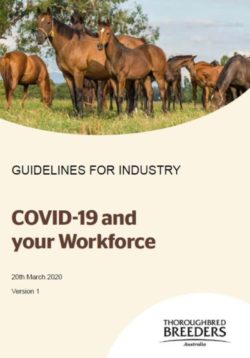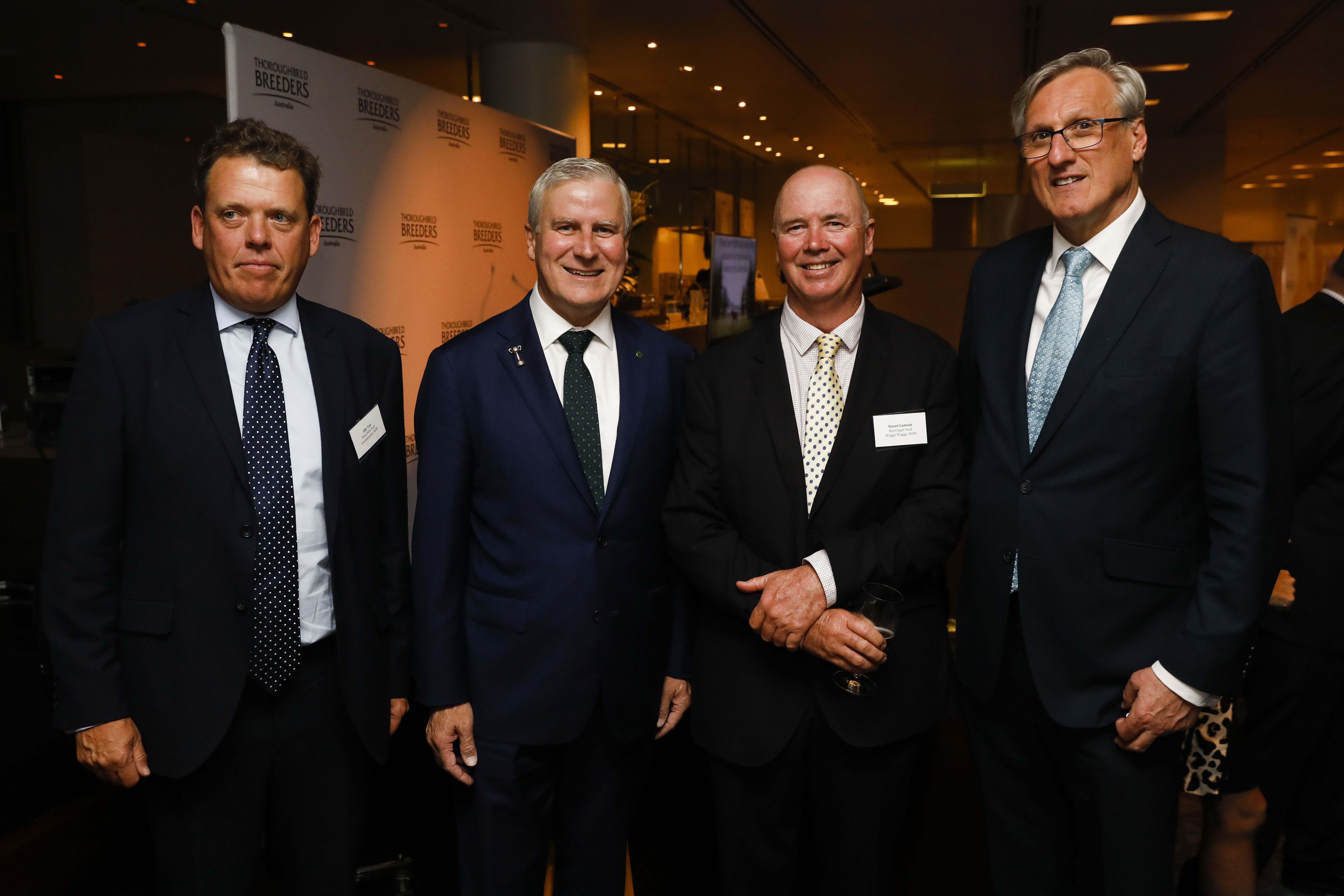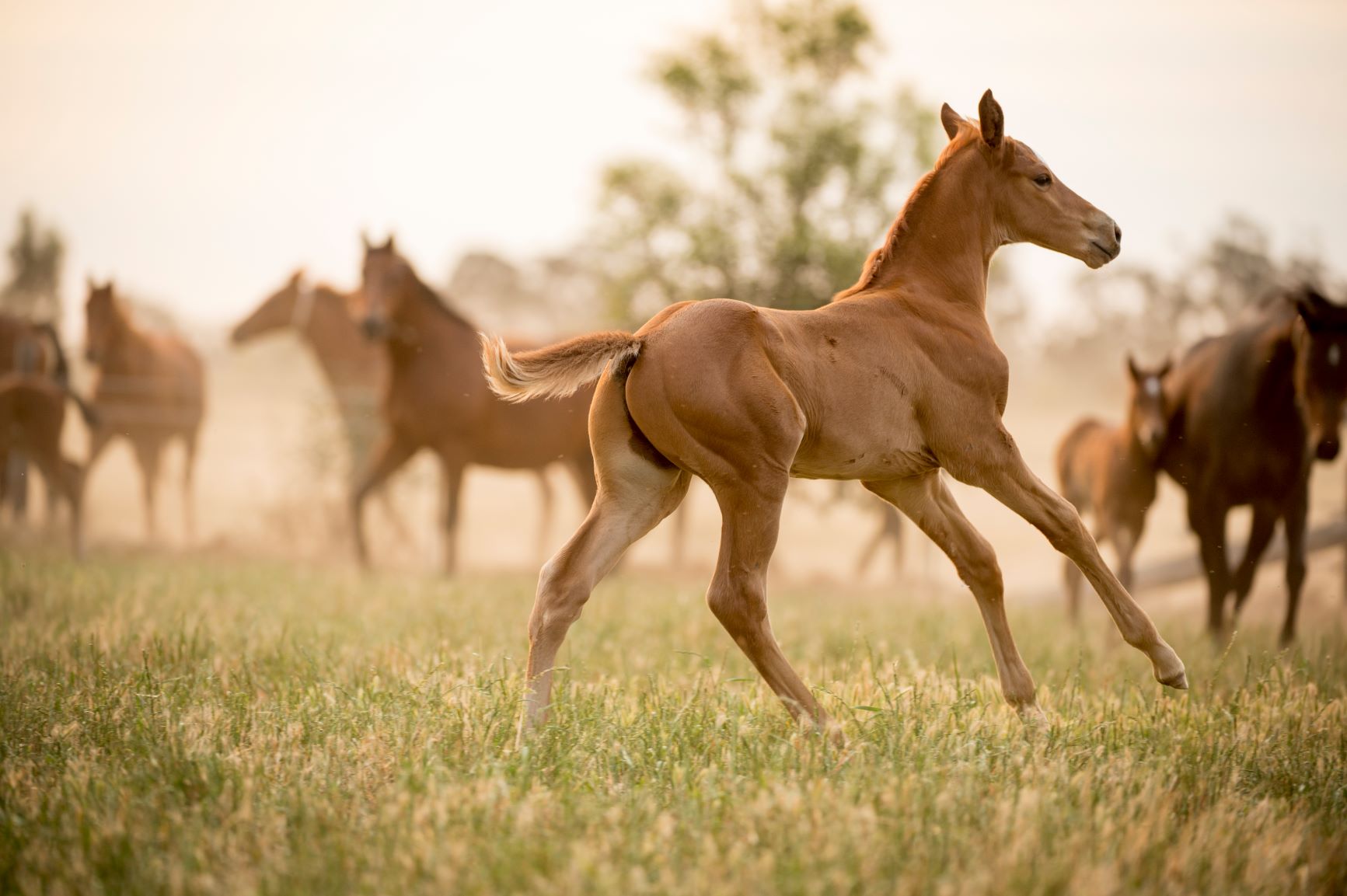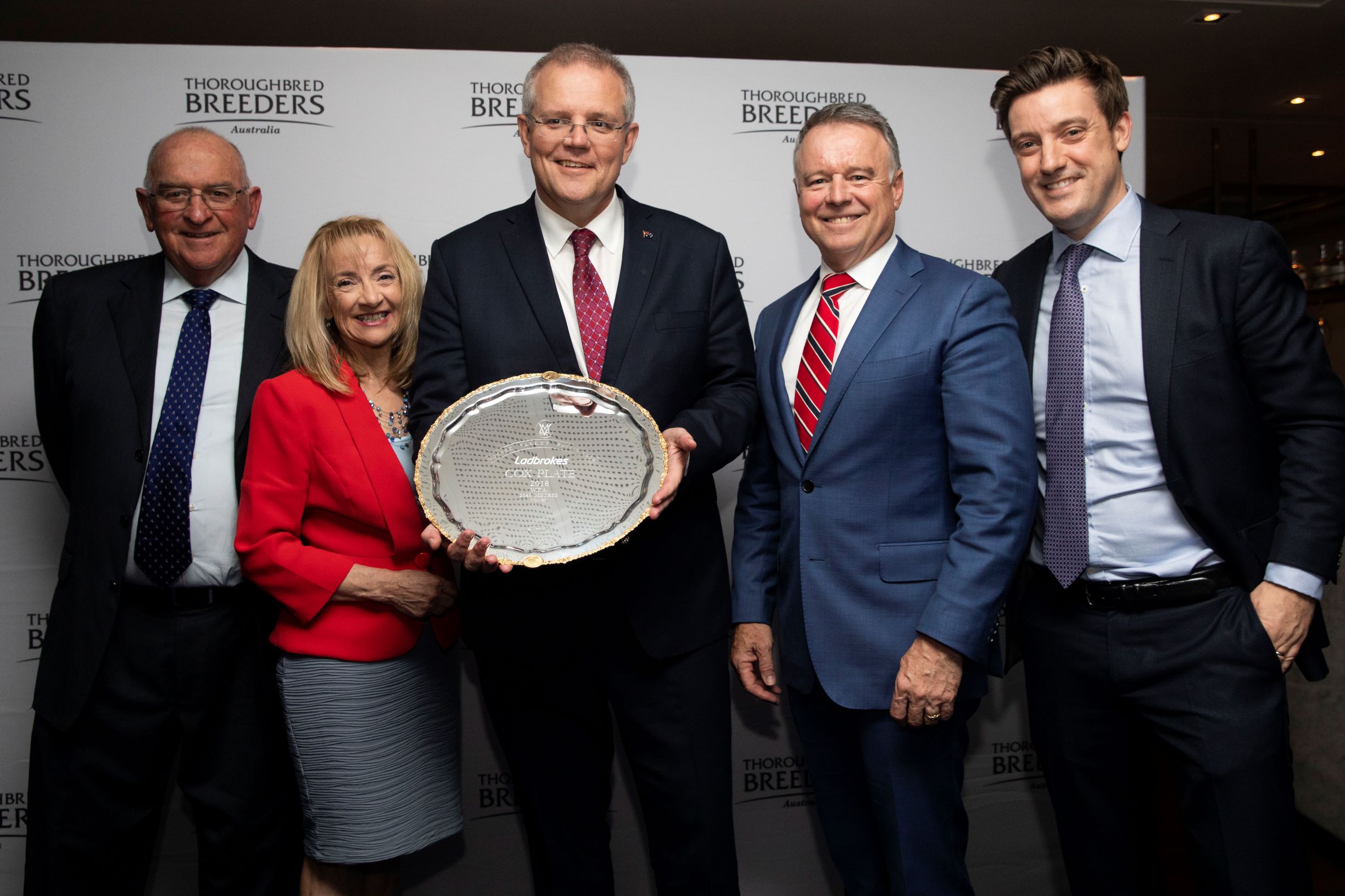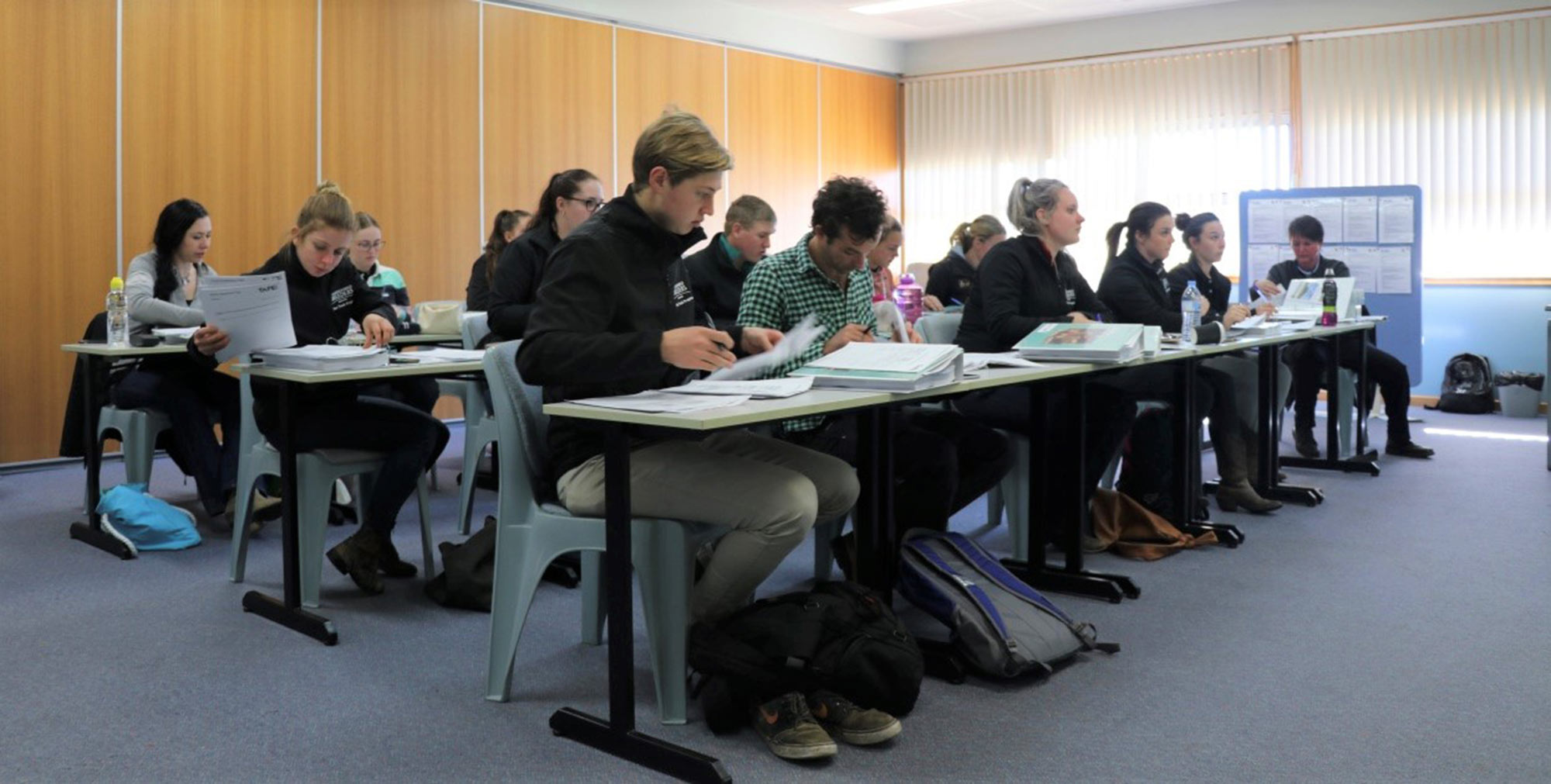The Government has released a number of support measures to assist businesses and individuals during this COVID-19 crisis. Please see below for some useful links and information:
Support for Businesses Fact Sheets:
JobKeeper Payment
Under the JobKeeper Payment, businesses impacted by the Coronavirus will be able to access a subsidy from the Government to continue paying their employees. Affected employers will be able to claim a fortnightly payment of $1,500 per eligible employee from 30 March 2020, for a maximum period of 6 months.
SME Guarantee Scheme:
The Government is working with the banks to support $40 billion of new lending to small and medium sized businesses.
Under the Scheme, the Government is guaranteeing 50 per cent of new loans issued by eligible lenders to SME’s.
This $40 billion Scheme will provide loans of up to $250,000 for up to 3 years for a business with a turnover of less than $50 million dollars. No repayments will be required for the first six months. These will be unsecured loans and they will help build a bridge for small and medium sized businesses to the other side of the coronavirus.
For a full summary of what banks are doing during the COVID-19 crisis:
Support for Individuals & Households Fact Sheets:
Coronavirus Supplement Payment:
The temporary Coronavirus Supplement will be an extra $550 a fortnight payment on top of current income support payments such as Jobseeker Payment, Youth Allowance, Austudy for students and apprentices, Parenting Payment, Farm Household Allowance, and Special Benefit.
Permanent employees who have been stood down or who have lost their jobs will likely be eligible for the supplement (there is still some eligibility criteria in place).
Casual staff and sole traders whose hours have been cut can also access the Coronavirus Supplement if they find themselves earning less than $1,075 a fortnight.
The Government has extended the usual eligibility criteria for Jobseeker and Youth Allowance payments, and asset tests and waiting periods have been waived, to allow more people to access these payments during the COVID-19 crisis.
Claiming the Coronavirus Supplement:
If people are already receiving one of the welfare payments listed above, they don’t actually have to do anything. Services Australia will automatically pay the Coronavirus Supplement to eligible recipients each fortnight.
If they are not currently receiving welfare, they will need to apply.
The first step is to create a myGov account and then register intent to claim. If eligible, payments will be backdated to this date.
Step by step how to create a myGov account:
How to register you intention to claim a Centrelink payment:
For all Government resources regarding COVID-19:
